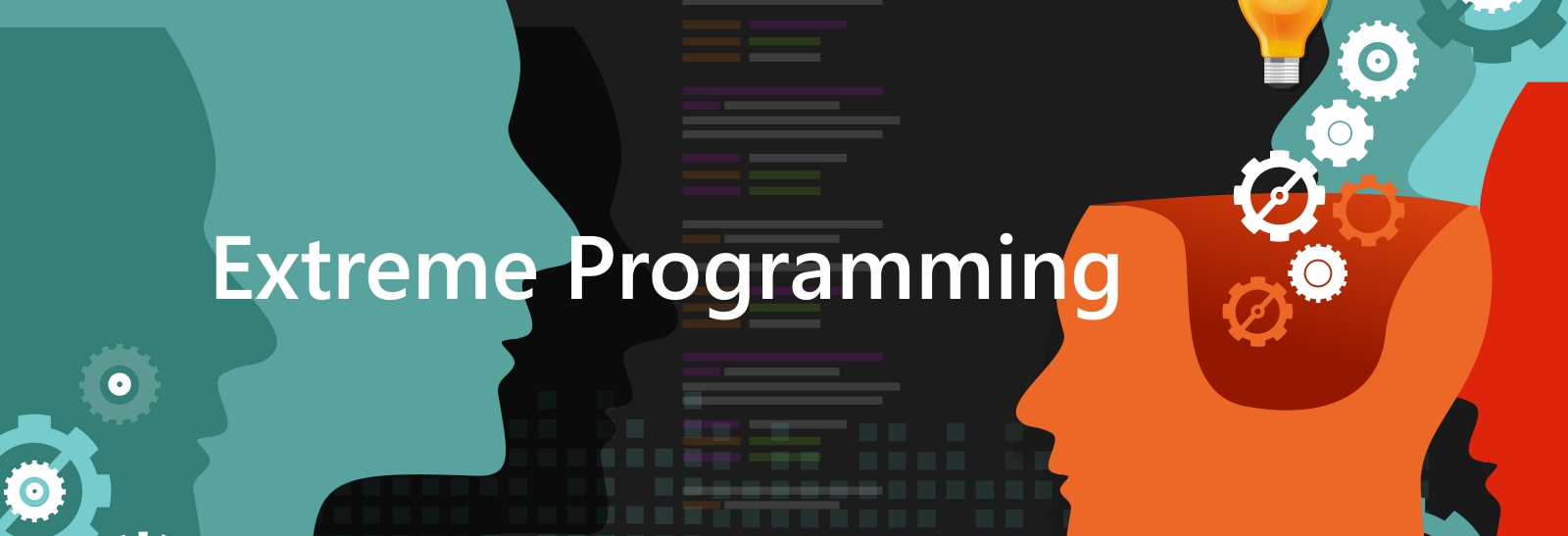Best Practices in Programming: Writing Code Like a Pro

By Hugo Nex
0 Comments
Writing code is more than just typing lines of text. It’s about crafting elegant solutions to complex problems. To help you become a better programmer, here are some best practices to follow:
- **Code Readability**: Write code that is easy to read and understand. Use meaningful variable names, proper indentation, and consistent formatting. This makes your code easier to maintain and debug.
- **Modularization**: Break your code into smaller, reusable modules. This makes it easier to manage and test your code, and allows for easier collaboration with other developers.
- **Commenting**: Use comments to explain your code. This helps other developers (and your future self) understand the purpose and functionality of your code.
- **Code Reviews**: Reviewing code with peers can help identify bugs, improve performance, and ensure adherence to best practices. It’s a great way to learn from others and improve your own coding skills.
- **Testing**: Write tests for your code to ensure that it works as expected. This helps catch bugs early and gives you confidence when making changes to your code.
- **Version Control**: Use a version control system (e.g., Git) to manage changes to your code. This allows you to track changes, collaborate with others, and revert to previous versions if needed.
- **Error Handling**: Always handle errors gracefully. This means anticipating potential errors and writing code to handle them without crashing your program.
- **Performance Optimization**: Write code that is efficient and optimized for performance. This includes minimizing the use of resources, such as memory and CPU cycles.
- **Security**: Write code with security in mind. This includes validating input, sanitizing data, and protecting against common vulnerabilities, such as SQL injection and cross-site scripting (XSS).
- **Continuous Learning**: Keep learning and improving your skills. The field of programming is constantly evolving, so staying up-to-date with the latest trends and technologies is essential.
By following these best practices, you can write code that is not only functional but also maintainable, efficient, and secure. Happy coding!
